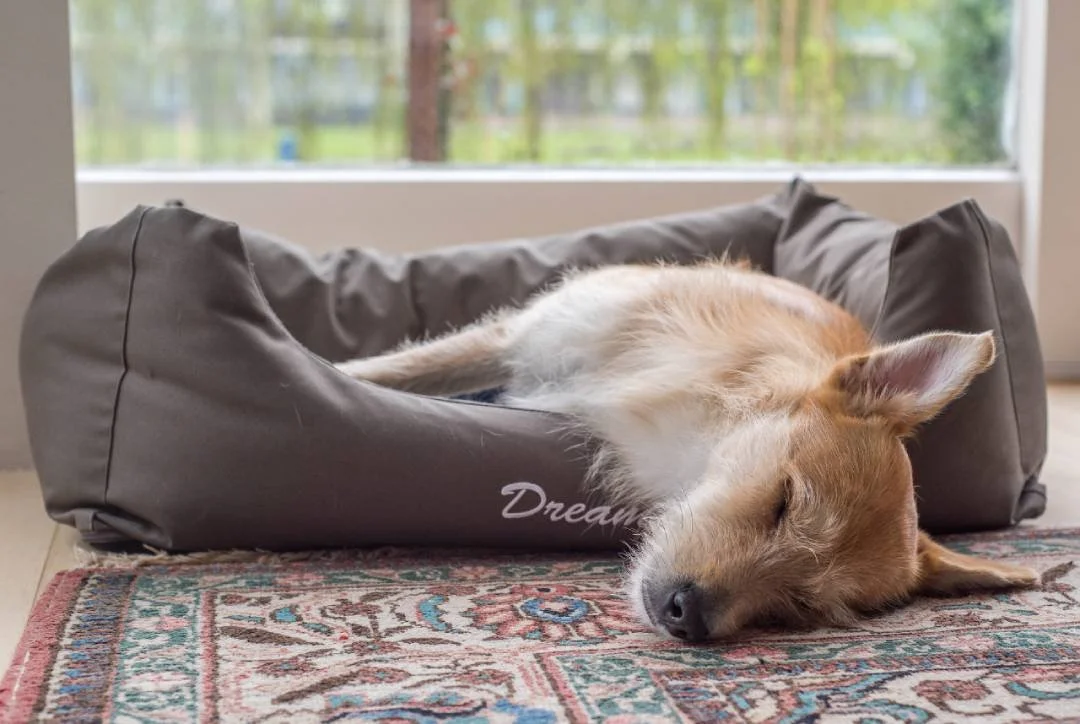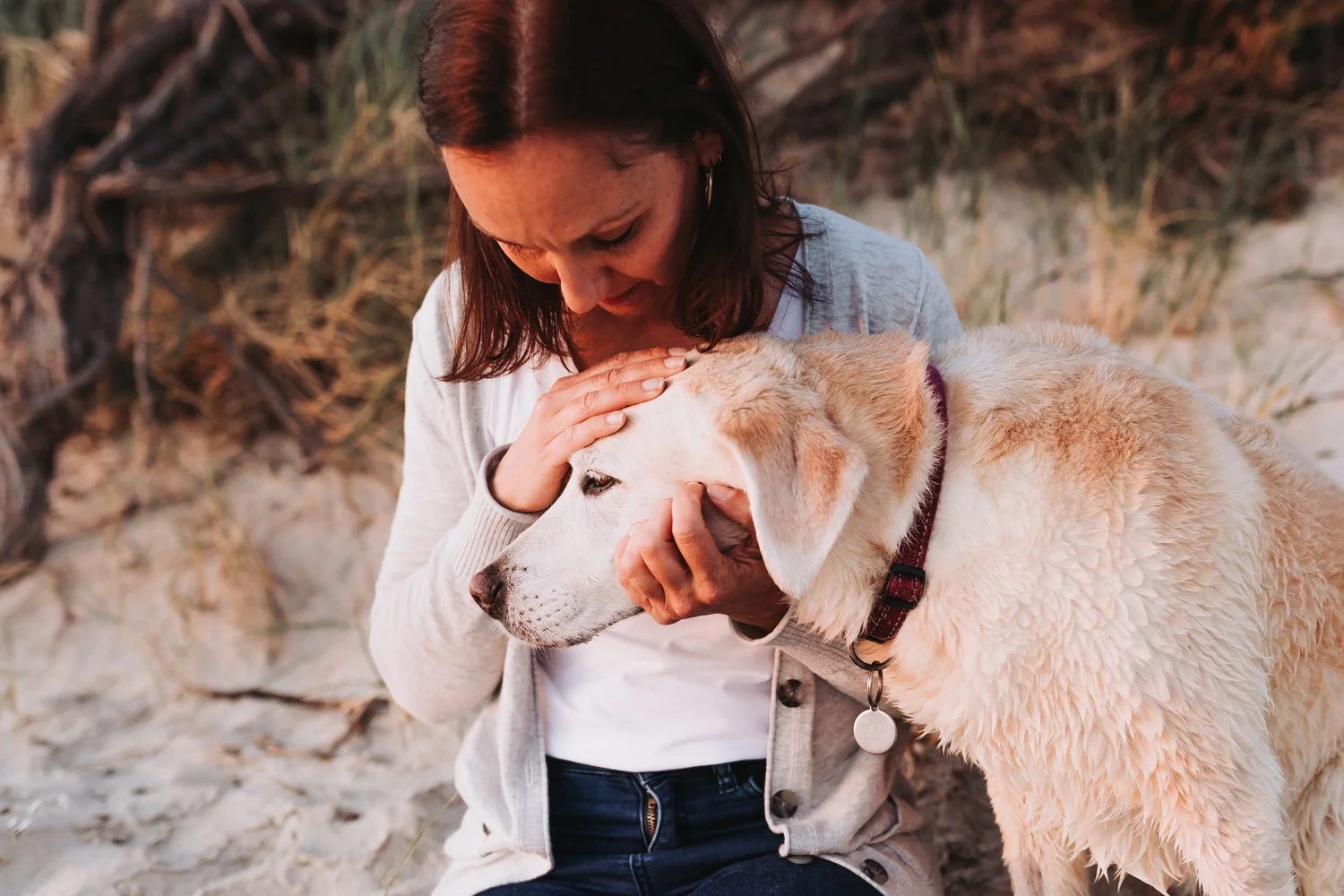Blogs


















How to Know When Palliative Care Should Begin
Caring for a pet with a chronic or terminal condition is a deeply emotional journey. One of the most common questions pet parents ask is, "When should we start palliative care?" The answer isn’t always clear-cut, but knowing the signs and seeking early support can make a world of difference in your pet’s comfort

Coping With the Loss of a Pet: Finding Comfort and Healing
Losing a beloved pet is a heartbreaking experience that can leave a deep void in your life. Pets are family, and their passing can trigger intense grief that may feel overwhelming and isolating. Understanding how to cope with this loss and finding ways to honour your pet’s memory are important steps toward healing.

What Is Palliative Care for Pets? A Guide for Pet Parents
When a pet is diagnosed with a terminal or chronic illness, or simply reaches an advanced age, many families wonder what comes next. Palliative care offers a bridge between active treatment and end-of-life support—focusing on comfort, dignity, and quality of life rather than cure.
